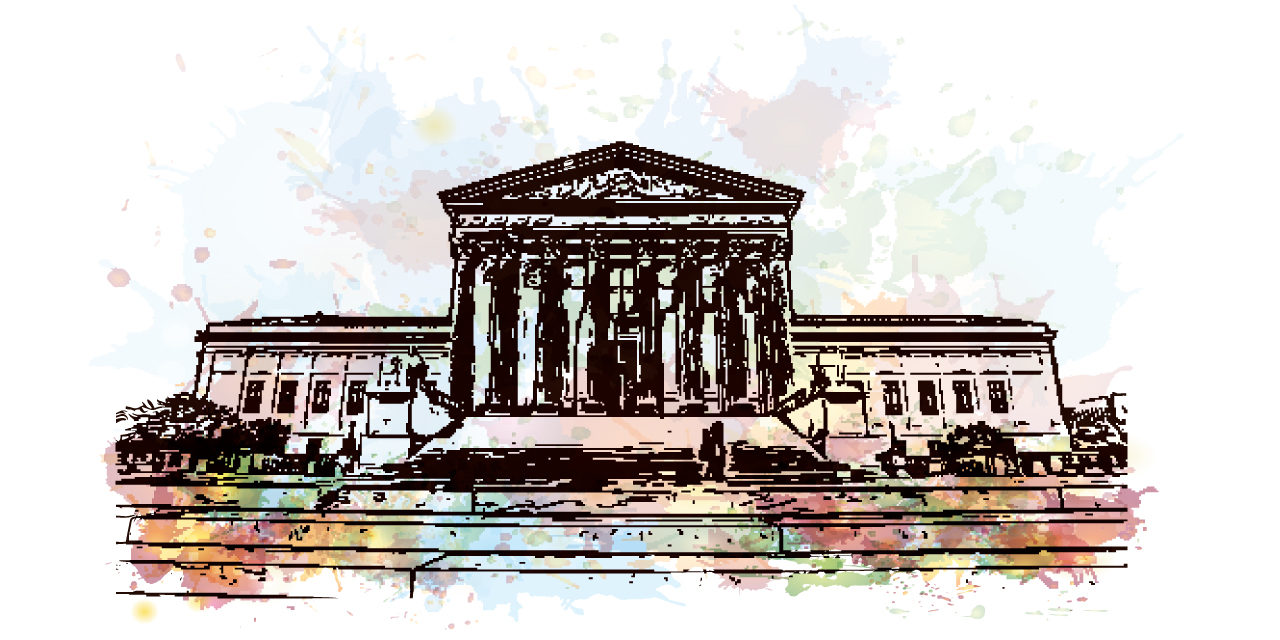Most of the conservative world is still reeling from last week’s disappointing Supreme Court decision in Bostock v. Clayton County which redefined the term “sex” in the 1964 Civil Rights Act to include sexual orientation and gender identity. That decision, however, is not the only important case we’ve been waiting on. Three more high court opinions dealing with aspects of religious liberty and one on abortion will be handed down in the next couple weeks.
Here’s what’s at stake.
Abortion – June Medical Services v. Russo
Louisiana legislators, concerned about the low quality of medical care at private abortion facilities in the state, passed a law requiring abortionists to obtain admitting privileges at a nearby hospital. Since hospitals require a certain level of medical expertise of doctors granted such privileges, the legislature felt the requirement would guarantee a minimum level of competency among doctors performing abortions. Predictably, several abortionists sued to block the law, claiming that the Supreme Court had already struck down a similar statute from Texas in 2016. Louisiana argued, and the 5th U.S. Circuit Court of Appeals agreed, that each state’s law must be decided on its own set of facts and Louisiana’s circumstances were different enough from Texas’ to justify the law’s constitutionality.
Religious liberty – school scholarship programs – Espinoza v. Montana Department of Revenue
The Montana legislature created a scholarship program in 2015 that incentivized private giving to programs helping underprivileged children receive a better education in private schools, including religious ones. When a state agency unilaterally decided to exclude religious schools from the program by declaring it an unconstitutional aid to religion in violation of the state constitution, its decision was challenged in court. After the Montana Supreme Court struck down the law, the case headed to the U.S. Supreme Court.
Two issues will dominate the news when this decision is handed down. First, how will the high court apply its 2017 Trinity Lutheran decision, which held that government grant programs can’t arbitrarily exclude religious entities simply because they’re religious, to the facts of this case. Second, Montana’s constitutional provision prohibiting aid to religious entities has a sordid pedigree, stemming from a host of similar “Blaine Amendments” passed at the state level beginning in the late 1800s, which were rooted in anti-Catholic sentiment. Will the justices declare the state provision unconstitutional under the First Amendment?
Religious liberty – hiring rights of religious schools – Our Lady of Guadalupe School v. Morrissey-Berru; St. James Catholic School v. Biel
Can the government interfere with the hiring rights of religious institutions vis-a-vis their “ministers,” i.e., those who inculcate religious values and theology to adherents? The First Amendment says “no” when it comes to federal employment nondiscrimination laws protecting age or disability, according to the 2012 Supreme Court decision in a Michigan school case. However, some courts, including the 9th U.S. Circuit Court of Appeals in these companion cases from California, have held that the Supreme Court’s ruling does not apply to the facts of these two appeals.
Hopefully, the justices will provide some clarity on the “ministerial exception” that protects a broad scope of religious hiring.
Religious Liberty – HHS abortion/contraception mandate – Trump v. Pennsylvania
This case features the Little Sisters of the Poor, a group of nuns that ministers to the poor and elderly. When Obamacare was passed in 2010, and regulations written by the Obama Administration’s Department of Health and Human Services (HHS) required faith-based employers to provide possible abortion-causing drugs and devices in company health plans, dozens of religious conscience lawsuits involving several hundred persons and entities followed. The nuns became a lead case in that series, which eventually went to the Supreme Court but was never successfully resolved.
When the Trump administration took over in 2017, new regulations were crafted that provided a broader religious exemption than originally granted under the previous administration. Those regulations were challenged in court by several blue states as being arbitrary and capricious and in violation of the law governing federal agency rulemaking.
Conclusion
One of the most disappointing things about last week’s ruling in the Bostock case was the choice by Chief Justice John Roberts and Associate Justice Neil Gorsuch to join the court’s liberal wing in delivering a decidedly activist ruling. Those two defections have increased the uneasiness in the social conservative community as we wait for remaining decisions to come down in the next couple weeks.
Photo from Shutterstock






